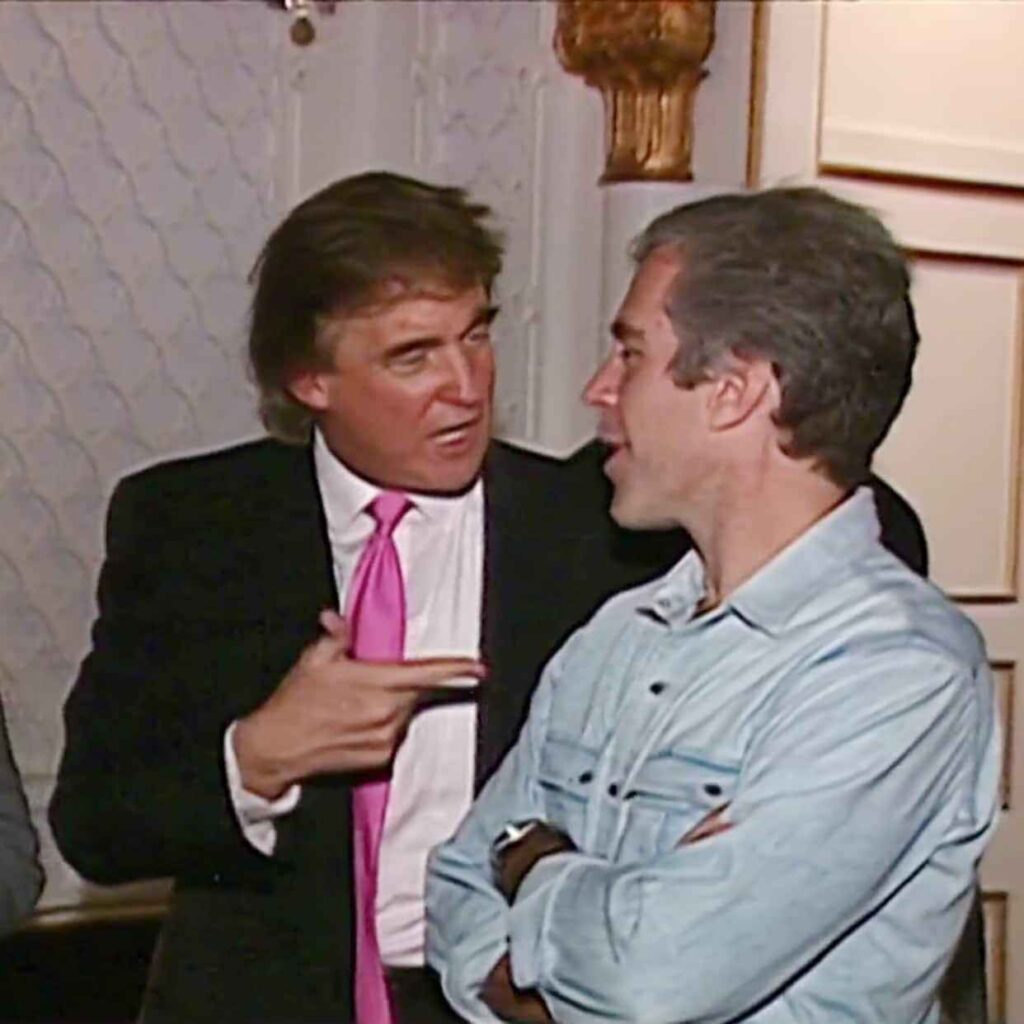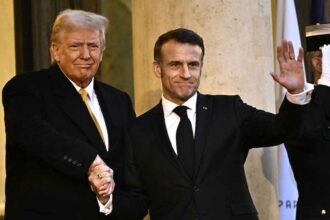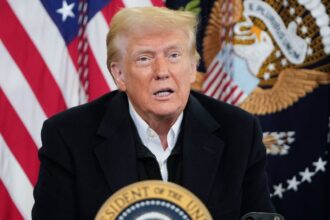- House Democrats released emails showing Epstein said Trump “knew about the girls.”
- The emails involve Ghislaine Maxwell and author Michael Wolff.
- Rep. Robert Garcia urged the DOJ to release all Epstein-related files.
- Democrats are pushing a bill to force disclosure of Epstein materials.
- Trump denies a close relationship with Epstein, saying they parted ways years ago.
House Democrats have released a series of emails in which Jeffrey Epstein allegedly claimed that President Donald Trump “knew about the girls” connected to his criminal activities, sparking renewed political outrage and demands for transparency from the Department of Justice.
The three emails, disclosed Wednesday by the House Oversight Committee’s Democratic members, include correspondence between Epstein, Ghislaine Maxwell, and author Michael Wolff. In one 2011 exchange with Maxwell, Epstein wrote that Trump “spent hours at my house” and “has never once been mentioned,” adding cryptically that he was “75% there.”
In a 2019 email to Wolff, Epstein went further, writing: “[VICTIM] mara lago. [REDACTED]. trump said he asked me to resign, never a member ever. . of course he knew about the girls as he asked ghislaine to stop.”
The content of the emails has reignited scrutiny of Trump’s past association with the disgraced financier, who took his own life in 2019 while awaiting trial on new sex trafficking charges. Trump has long denied any close relationship with Epstein, insisting their contact ended nearly two decades ago.
Democrats seized on the revelations, calling for full public access to the Epstein files. Rep. Robert Garcia (D-Calif.), the top Democrat on the committee, said in a statement, “The more Donald Trump tries to cover up the Epstein files, the more we uncover. These latest emails raise glaring questions about what else the White House is hiding and the nature of the relationship between Epstein and the President.”
Garcia added that the Department of Justice must “fully release the Epstein files to the public immediately,” pledging that the committee “will not stop until we get justice for the victims.”
The disclosures come as Congress reconvenes to address both government funding and growing pressure to declassify Epstein-related materials.
Newly elected Rep. Adelita Grijalva (D-Ariz.) is expected to become the final signature needed on a discharge petition compelling floor action on a bill that would force the DOJ to release Epstein’s full case files.
Republican leaders, including President Trump, oppose the measure, arguing that the ongoing Oversight Committee investigation is already uncovering new information. GOP lawmakers have criticized Democrats for politicizing the issue during sensitive budget negotiations.
Trump and Epstein were acquaintances in New York and Florida social circles throughout the late 1980s and 1990s. The president has acknowledged knowing Epstein but maintains they had a falling out in the early 2000s.

In Wolff’s exchanges with Epstein, the writer suggested that Trump might publicly deny their relationship, which Epstein could use as “political currency.” Wolff speculated that Trump might also defend him, calling Epstein “a great guy” who had been “a victim of political correctness.”
Trump launched his first presidential campaign in June 2015, several years after the emails between Wolff and Epstein were exchanged. The renewed attention around their relationship now places additional political pressure on the White House amid ongoing debates over transparency and accountability in the Epstein case.
Read Also: Trump’s $2,000 Rebate Checks Could Cost $600B — Twice Tariff Revenue









